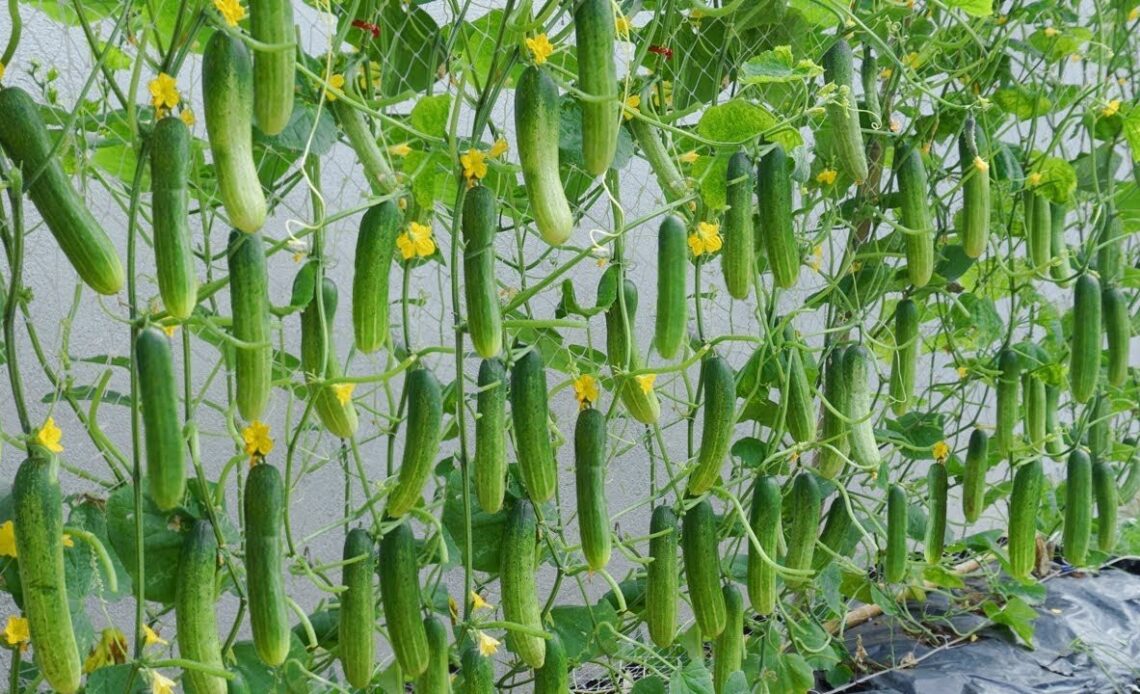Cucumber plants are known for their rapid growth and sprawling vines, but without proper pruning, they can become overcrowded, leading to **poor air circulation, lower yields, and increased susceptibility to diseases**. Pruning is an essential gardening technique that **maximizes fruit production, improves plant health, and ensures a high-quality harvest**.
## **🌱 Why Pruning Cucumber Plants is Essential**
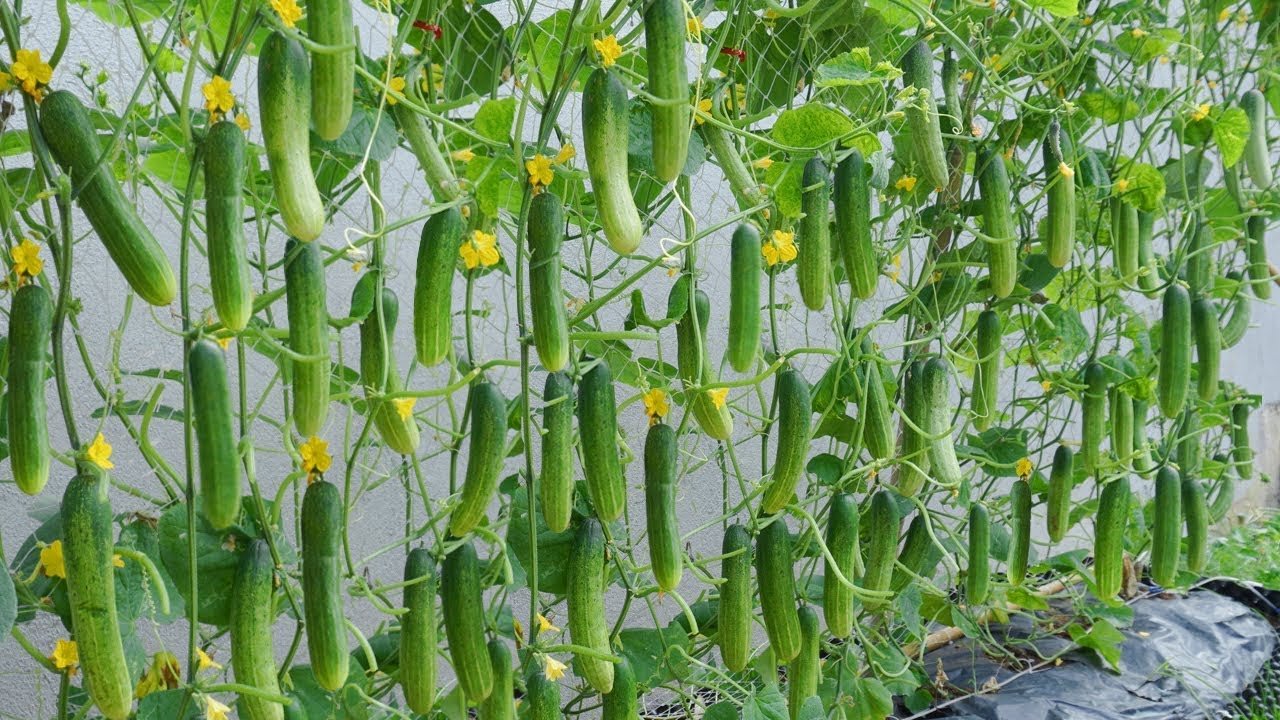
Pruning is not just about cutting back excess growth—it’s a strategic process that benefits the plant in multiple ways:
✔ **Increases Airflow:** Reduces humidity levels, preventing fungal diseases like powdery mildew.
✔ **Encourages Fruit Production:** Directs the plant’s energy toward producing cucumbers rather than excessive leaves.
✔ **Prevents Overcrowding:** Keeps vines manageable and easy to train on trellises or stakes.
✔ **Reduces Pests and Diseases:** Eliminates hiding spots for harmful insects and improves sunlight penetration.
✔ **Enhances Fruit Quality:** Ensures cucumbers grow larger, tastier, and in better shape.
Pruning is especially important for **vining cucumber varieties**, which tend to spread aggressively. **Bush cucumbers**, on the other hand, require minimal pruning.
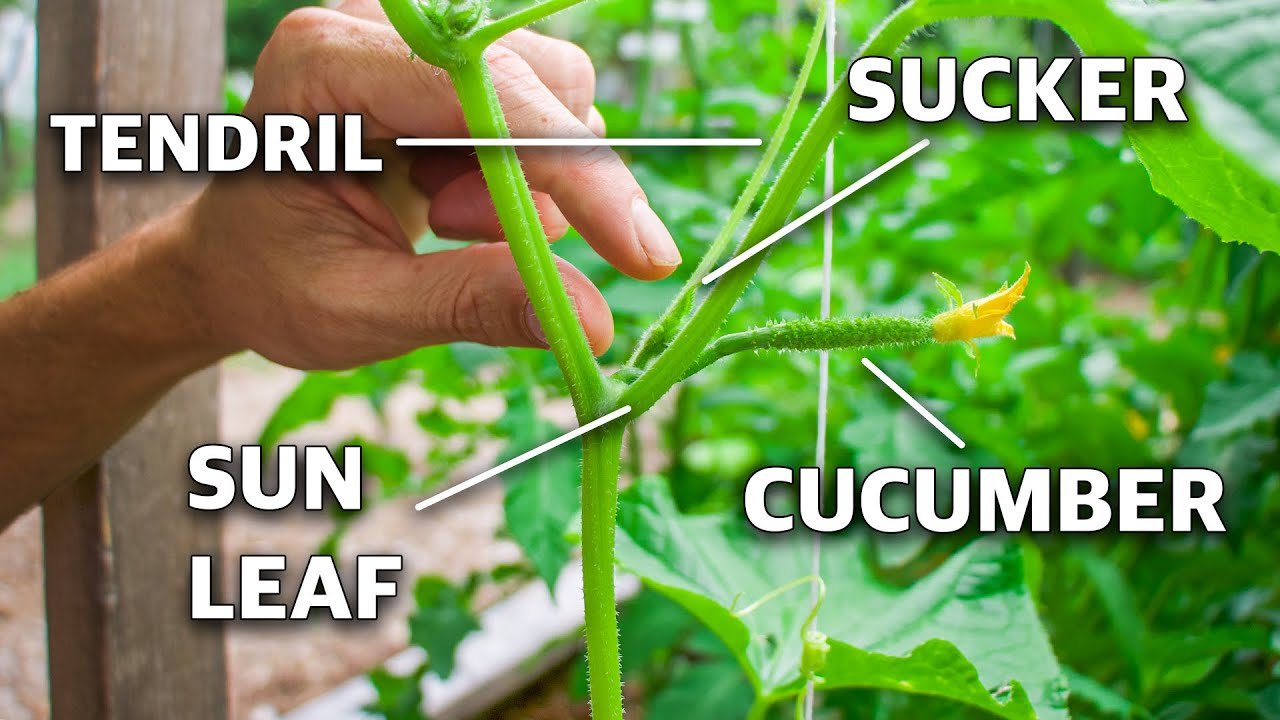
## **⏳ When is the Best Time to Prune Cucumber Plants?**
The best time to start pruning is **early in the growing season**, once the plant has developed a strong root system and at least **4–6 leaves** on the main stem. **Avoid pruning too early**, as young plants need their foliage to establish a healthy growth pattern.
## **✂️ How to Prune Cucumber Plants for Maximum Yield**
### **1. Identify the Key Parts of the Cucumber Plant**
Before pruning, understand the structure of your cucumber plant:
– **Main Stem** – The central vine that grows from the root.
– **Lateral Shoots (Side Shoots)** – Secondary vines that develop along the main stem.
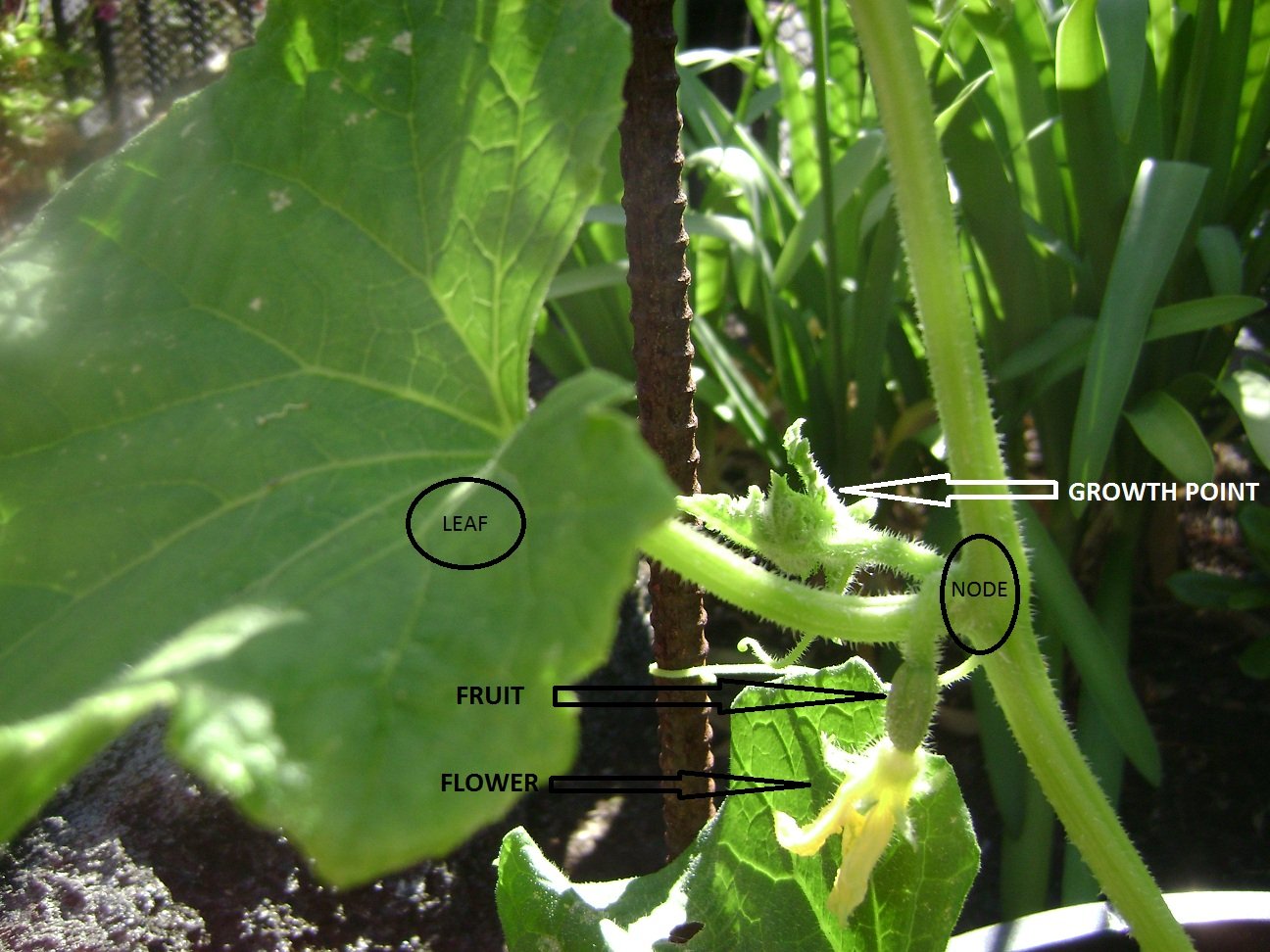
– **Suckers** – Small shoots that grow where leaves join the stem.
– **Tendrils** – Thin, curly structures that help the plant climb.
– **Old or Yellowing Leaves** – Foliage that no longer contributes to growth.
### **2. Remove Unwanted Suckers and Side Shoots**
Suckers and excessive lateral shoots **drain energy away from fruit production**. To manage growth:
– Trim **all suckers** from the base of the plant up to the **fourth or fifth leaf node**.
– Keep **one or two strong lateral shoots** near the middle of the vine for additional fruiting.
– Remove **any weak, thin, or overcrowded shoots** to enhance airflow.
### **3. Trim Off Lower Leaves and Old Foliage**
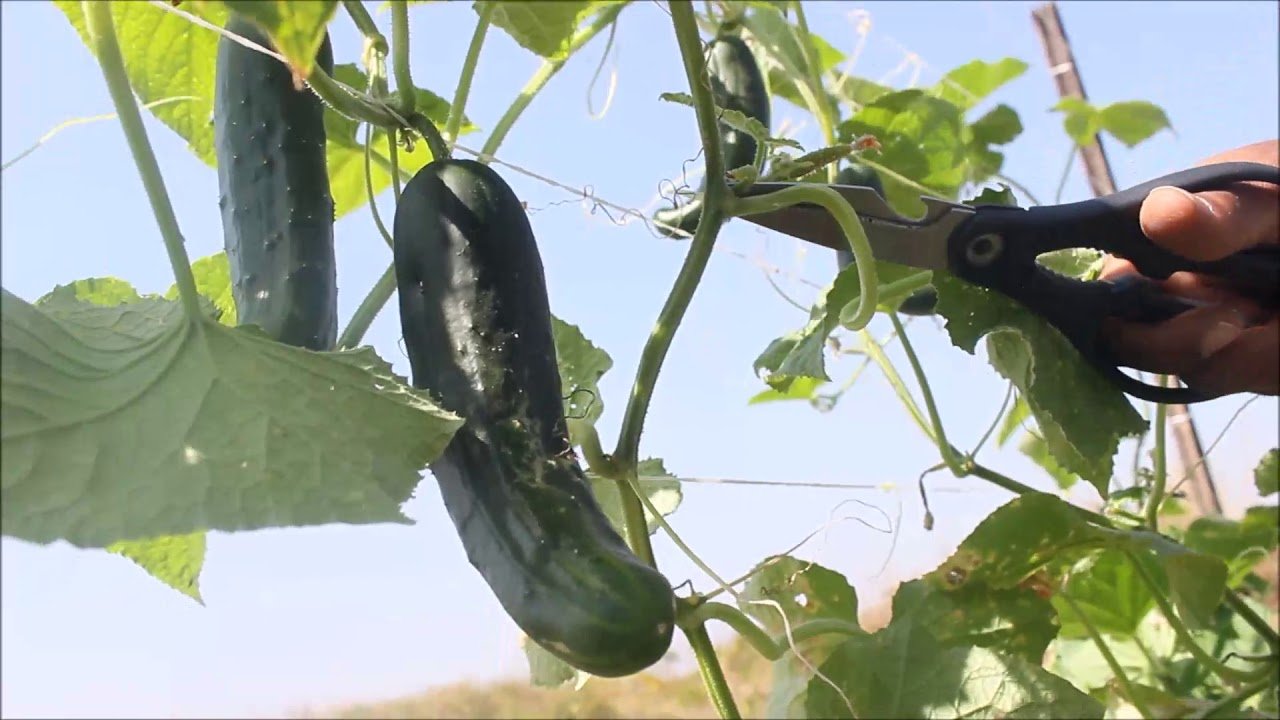
Old, yellowing leaves **increase the risk of diseases** and slow down growth. Remove:
– **Leaves touching the soil** to prevent soil-borne diseases.
– **Damaged or discolored leaves** that no longer contribute to plant health.
### **4. Train Vines for Better Growth**
– If growing cucumbers **vertically on a trellis**, prune **all side shoots below 12 inches** to encourage upward growth.
– If growing **on the ground**, lightly prune **sprawling vines** to avoid excessive overcrowding.
### **5. Deadhead Spent Flowers to Boost Fruit Production**
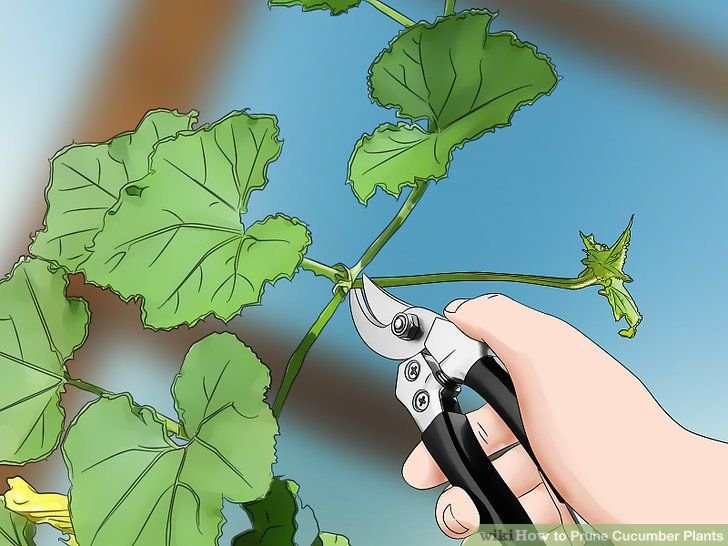
Once the plant starts producing cucumbers, remove **excess male flowers** if there are too many.
– Male flowers do not bear fruit but take up plant energy.
– Female flowers have a small fruit at the base and should be left to grow.
However, **don’t remove all male flowers**—some are needed for pollination.
## **Common Pruning Mistakes to Avoid**
🚫 **Pruning too aggressively** – Over-pruning can **stress the plant** and reduce cucumber yield.
🚫 **Using dirty tools** – Always **sanitize pruning shears** before and after use to prevent disease spread.
🚫 **Ignoring diseased parts** – Always **remove infected leaves and stems immediately** to protect the rest of the plant.
🚫 **Pruning during extreme heat** – This can shock the plant. Choose cooler times of the day instead.
## **Additional Tips for a Healthy Cucumber Harvest**
✔ **Use a Trellis:** Vertical growing **reduces disease risk** and makes pruning easier.
✔ **Feed the Plants:** Apply a balanced fertilizer **after pruning** to support regrowth.
✔ **Water Consistently:** Keep the soil moist, especially during fruiting stages.
✔ **Check for Pests:** Regularly inspect for aphids, spider mites, and cucumber beetles.
✔ **Mulch Around the Base:** Helps retain moisture and prevent weeds.
## **Prune Smart for a Stronger, More Productive Cucumber Plant**
Pruning cucumber plants is a **simple yet powerful technique** to improve plant health, increase fruit yield, and prevent diseases. **By following the right timing and methods, you can ensure a bountiful harvest of crisp, delicious cucumbers all season long.**
Start pruning today, and enjoy healthier, more productive cucumber plants in your garden 🌱🥒
